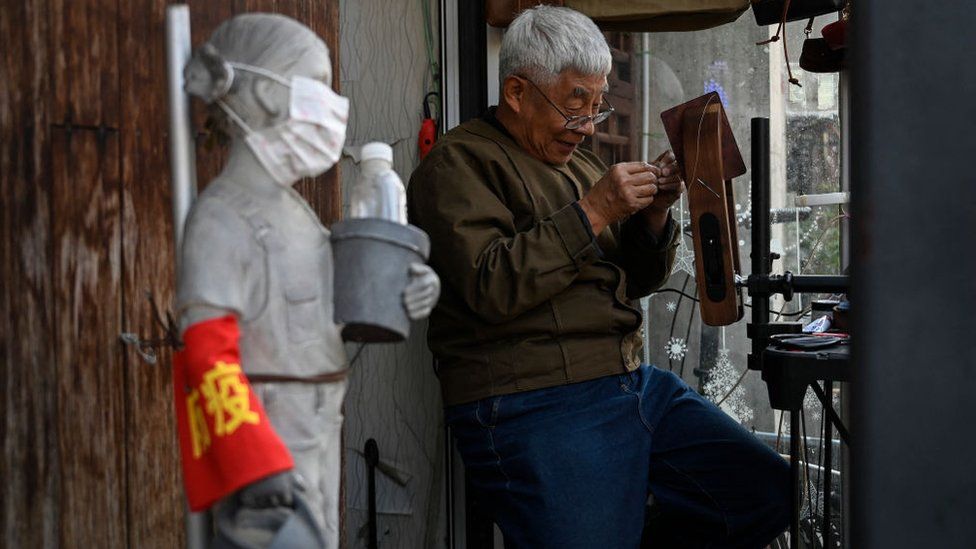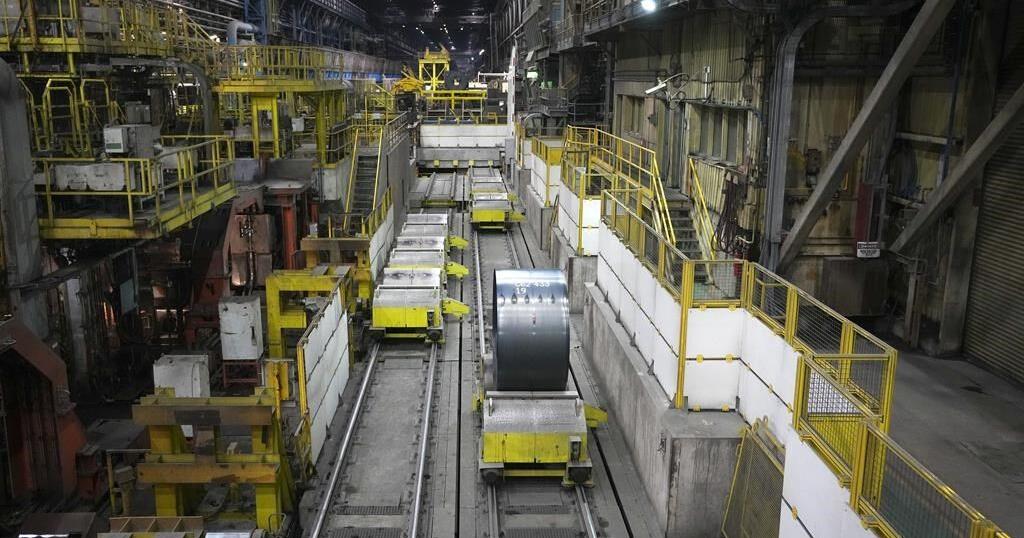OTTAWA – The parliamentary budget officer says the federal government likely failed to keep its deficit below its promised $40 billion cap in the last fiscal year.
However the PBO also projects in its latest economic and fiscal outlook today that weak economic growth this year will begin to rebound in 2025.
The budget watchdog estimates in its report that the federal government posted a $46.8 billion deficit for the 2023-24 fiscal year.
Finance Minister Chrystia Freeland pledged a year ago to keep the deficit capped at $40 billion and in her spring budget said the deficit for 2023-24 stayed in line with that promise.
The final tally of the last year’s deficit will be confirmed when the government publishes its annual public accounts report this fall.
The PBO says economic growth will remain tepid this year but will rebound in 2025 as the Bank of Canada’s interest rate cuts stimulate spending and business investment.
This report by The Canadian Press was first published Oct. 17, 2024.



























